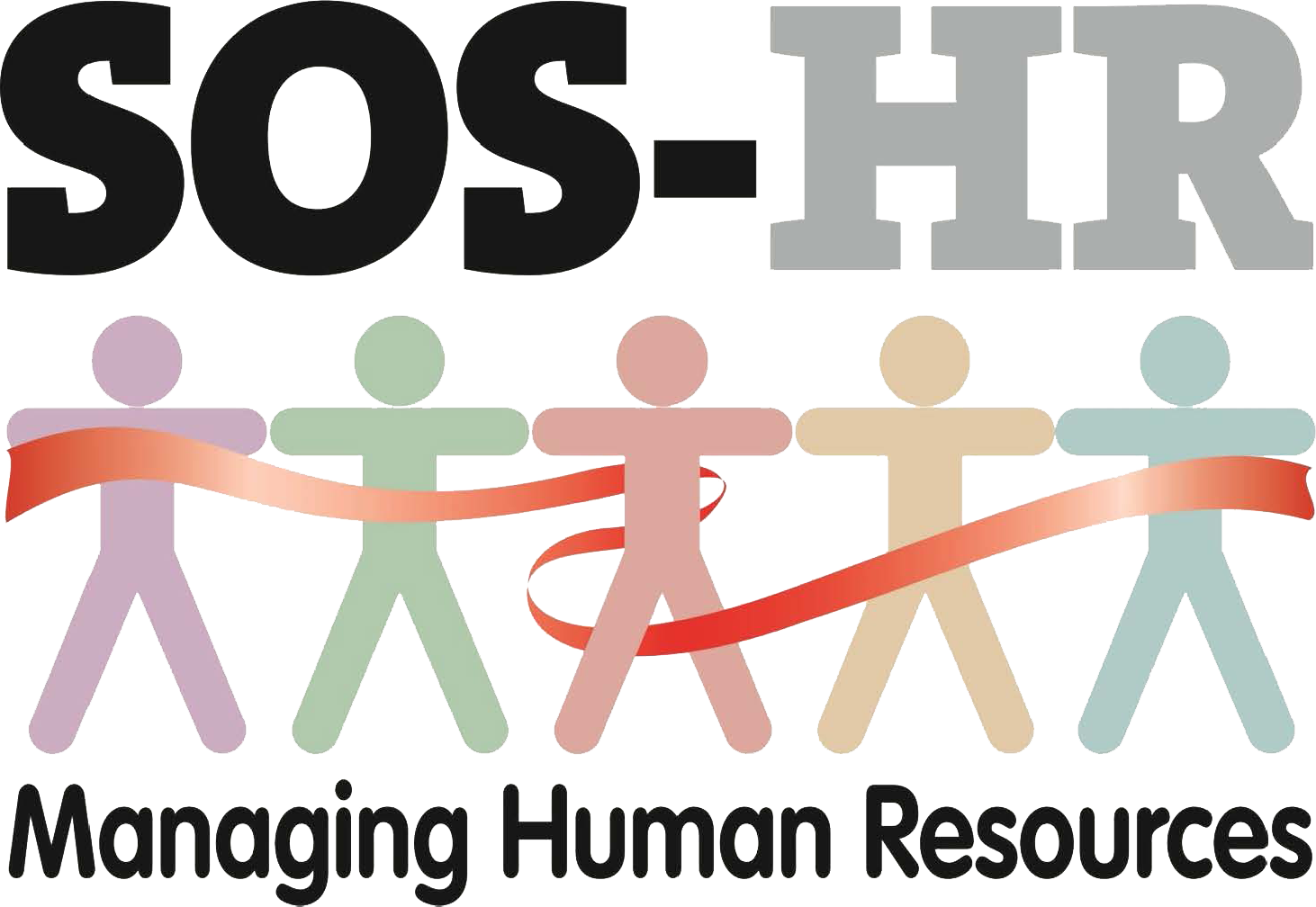Employee Wellbeing in 2023 and Beyond
Over the last few years employers have been required to make the greatest shift in their approach to delivering workplace health, safety, general wellbeing and financial wellbeing considerations into their day-to-day working practices and policies and procedures. As we came out of the pandemic and started to return to normal, albeit a new normal, both employers and employees now face the challenges around cost-of-living / cost-of-doing business, increased food and energy prices, requests for salary increases to keep up with inflation and more flexibility about when and where the work is actually performed.
The threat of financial insecurity can provoke feelings of anxiety and worsening mental health along with physical ill health and illness brought about by not having enough money to turn on or up the heating and eating a nutritious balanced diet or affording essential medication and travelling to /attending medical appointments. There has been a rise in long term ill health issues leading to higher levels of sickness absence as working people suffer the long-term health effects of Covid-19. During lockdown, the requirement to work from home and furlough, employees realised the benefit of being able to have more control over when and where they did their work to get a better work life balance. Whilst the current economic climate is severe as we face a potential recession and the rising cost of living negatively impacts on employees health, employers have the opportunity to review their health and wellbeing strategies to be able to invest in a healthier workforce which will be more productive.
If you would like more information on how to implement an employee wellbeing strategy, deliver a programme or require assistance with drafting a policy or would like to undertake a review of your current policies and procedures please do not hesitate to contact us on info@sos-hr.co.uk or call 01473 276 170.
Please note that the content of this article is for general information and does not constitute legal advice. Always take advice and follow correct best practice.
